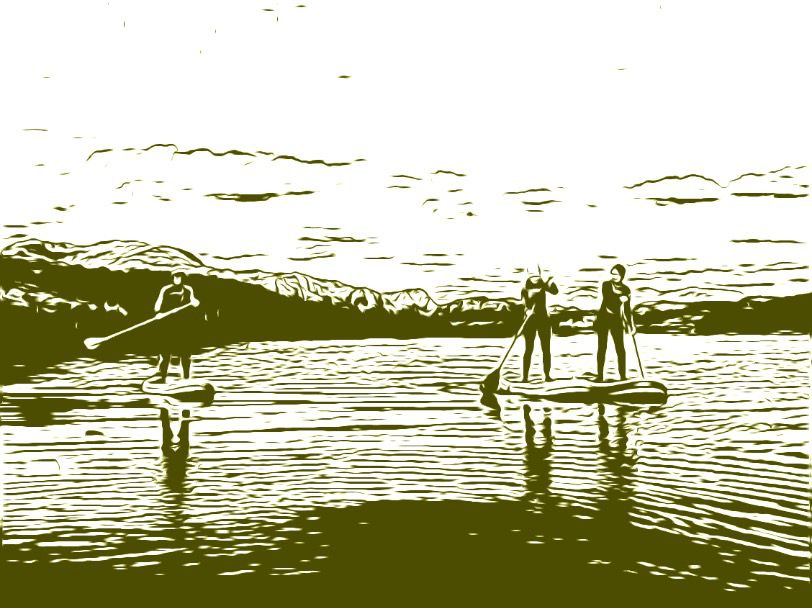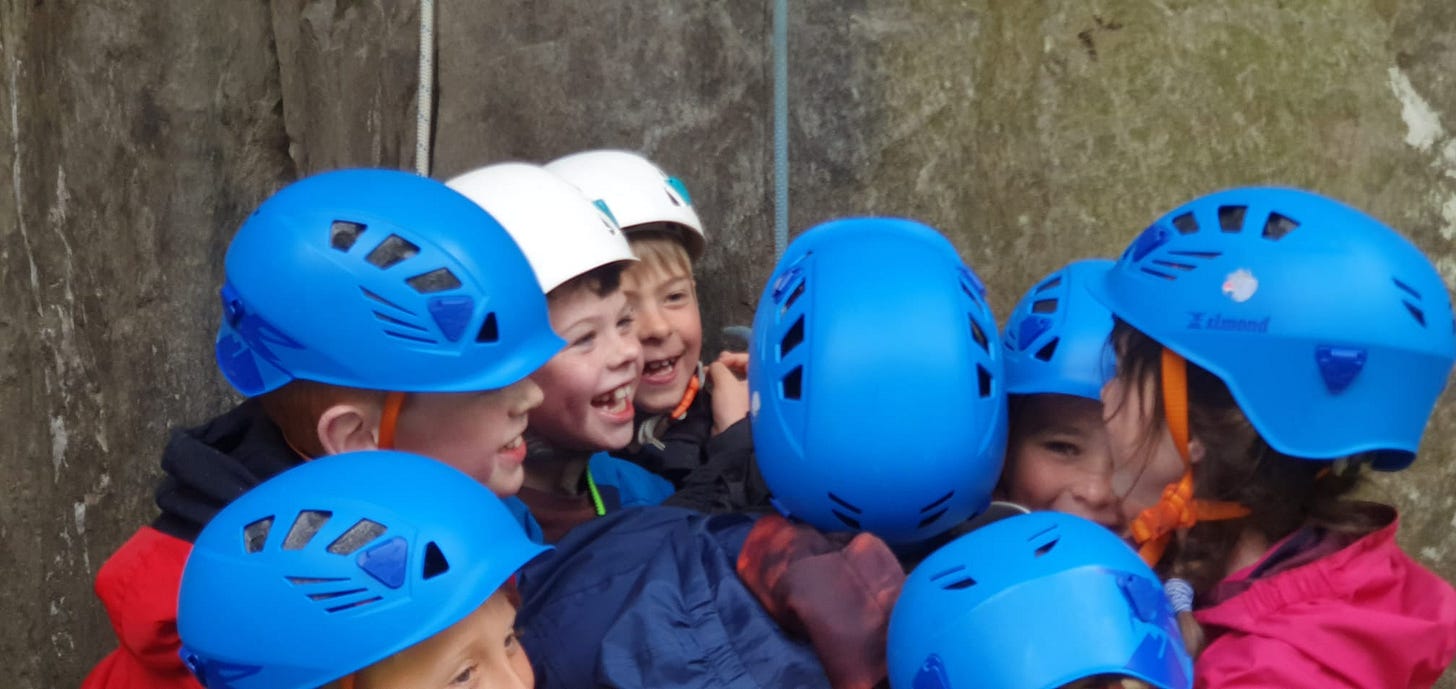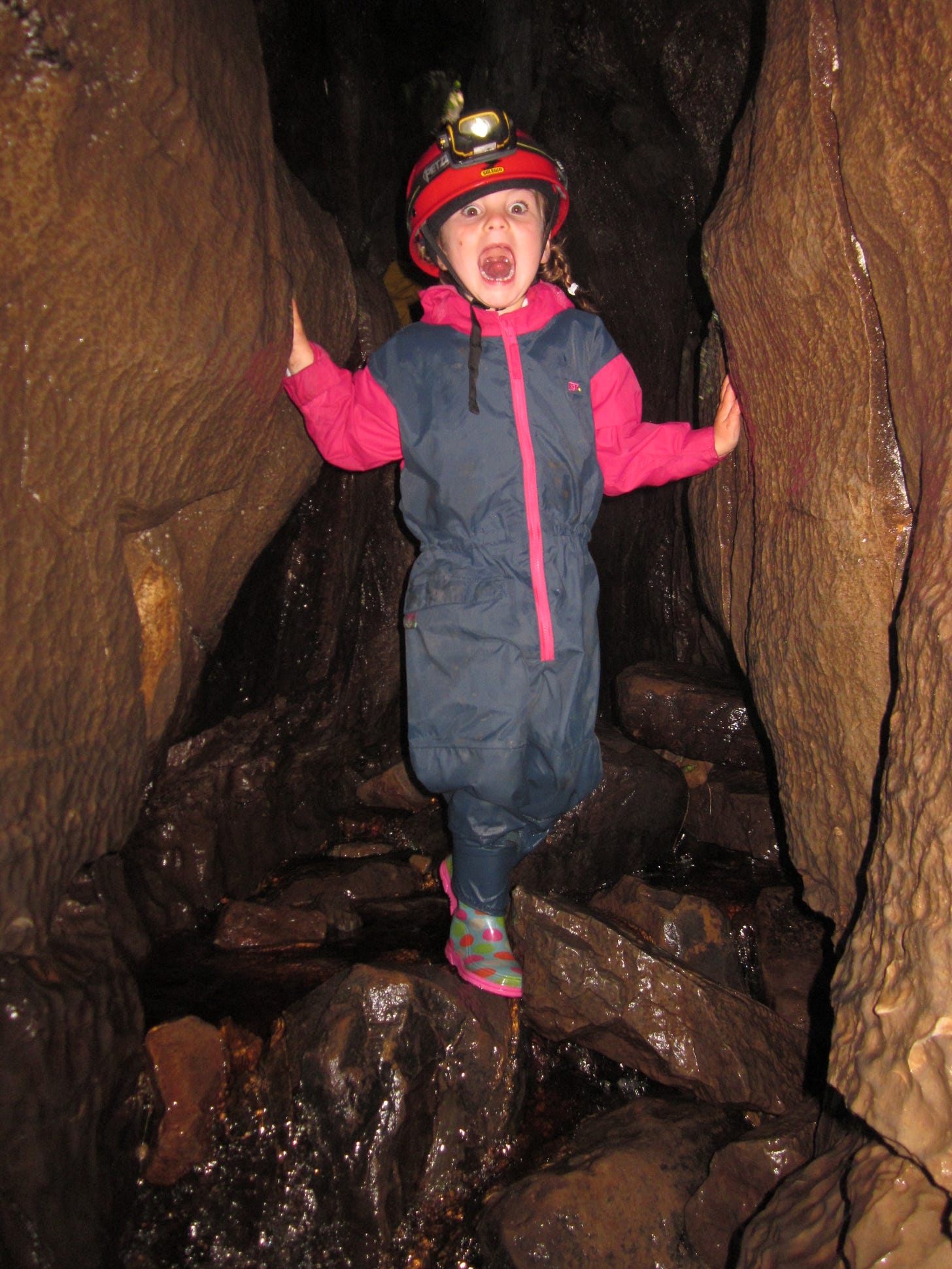Name: Sam and Karen Greenall
Business: M&T Adventures – A family-run business focused on adventures for children
Location: Lake District
Key takeaways:
Personal relationships keep clients coming back
Think about your positioning relative to the competition
Rapid growth can create as many headaches as not enough business
Get advice to help you plan for the future
In part I of this blog we met Sam and Karen Greenall, and learnt about how they’ve built up their business, M&T Adventures, by focusing on what they love and what they are good at, and where there is a real market need. At the core of their offer are adventure clubs and courses for children, offering a fun, enriching experience in the school holidays and meeting busy families’ childcare needs. With backgrounds in outdoor guiding and physical education, this has been a highly successful niche for them, which they are now expanding to include a range of other activities.
Lessons learned?
We went on to chat about the key lessons that they’ve learned over the past two or three years.
As with so many of the people we work with, both in the adventure and outdoor world, and in other sectors, being clear about what makes you different from the competition is a very important point for Sam. In the market for holiday clubs and activities, he’s clear that what wins for M&T is the personal relationships that he and his small team can build with the children, and that keeps them coming back:
“We get to know them and their parents and they trust us, while our competition are using seasonal teenage staff who change all the time. Plus we are offering real adventure not just colouring in!”
These relationships also help the business adapt to meet changing market needs, for example catering to families as their children get older, understanding the dynamics of family psychology - for example, older kids don’t always want to be doing the same things as their younger siblings.
He also stresses the need to go with what motivates you and keeps you enthused when you choose your market niche.
“For some people that’s being a high-end specialist climbing coach, for example – and climbing is all you do to a very advanced level. Personally I’d get bored – I like variety and I love working with kids.”
He points to the fact that you need a broader skill set, including the softer skills of working with children but that this can be extremely rewarding.
In marketing terms, M&T have chosen a ‘positioning strategy’ which is built around the market they serve (families), rather than around the ‘product’ or skill set they offer (say, high-end climbing coaching). (You can read more about the basics of positioning strategy here [link to separate blog].)
Sam’s other pointers include the value of testing different ways of communicating. For example, Sam says that reaching teachers is often very difficult by email, so picking up the phone can work better. Plus, when we meet he’s just learnt the importance of having multiple contact points for his clients as his Facebook page has just been taken offline by Facebook parent company Meta, for no explicable reason. Although Sam generates a lot of business via Facebook, having email addresses, phone numbers and Instagram contacts means it’s not too much of a problem to redirect his contacts to a new Facebook page.
He's also a firm advocate of giving something back: last summer M&T offered some free work experience for 14 and 15 year olds which was massively oversubscribed. Sam sees it as a great way to keep older kids engaged with the outdoors, but also it’s given him a resource of future help which he has trained to do things in the M&T ‘way’.
Starting over
We go on to talk about the advice he’d give to someone starting out. In addition to focusing on the niche that interests you, he says you need to be aware of the trade-offs you might need to make, and also the role that you want to play in the business long-term. Do you want to employ others and focus on managing the business, which may allow you to scale up in size more easily, or do you want to be out there delivering the coaching and expeditions which may limit your ability to grow?
He also talks about the value of getting admin issues sorted early on, including legal issues such as becoming a registered business, IT and financial planning. And with a slight sigh of regret, he says he wishes he’d had a better understanding of the way businesses grow, and the impact that growing fast can have. While he’s clearly proud that M&T has taken off so quickly after the end of lockdown restrictions, that’s brought new headaches, for example in managing the impact of VAT registration on his costs and pricing. He is a definite advocate of getting advice from mentors and other businesses who’ve been there already:
“It can feel a bit lonely sometimes, so it’s good to have a network and people to talk to.”
Future plans
We finish our conversation by talking a little about what the future holds for M&T. While Sam and Karen have some short-term concerns about pricing, the cost of employing freelancers, and VAT, as well as the impact of the recession, they are quietly confident about the future; as Sam says, “there is an endless supply of kids and we really get what matters to them and their parents.”
Over the winter they are taking some time to slow down a little and focus on the next phase of development, which may include acquiring premises, both for storing kit and to provide an indoor base which they can use when the weather is wet – a not-infrequent fact of life for Lake District adventure!
And finally we come back to that question of growth. Although M&T uses freelancers to handle peak periods, Sam is wary that this can have an impact on the quality of M&T’s service and also on their costs. He and Karen are musing on the idea of bringing in a business partner to add skills as well as capacity, but only if they can find the right person who shares their values and vision for the business.
Related links:








